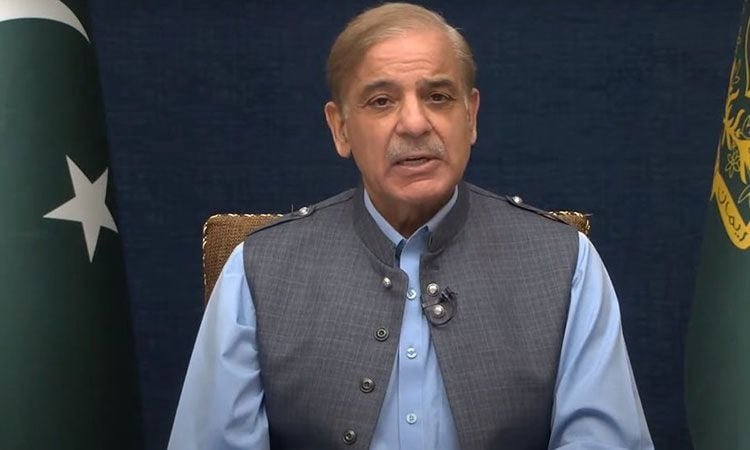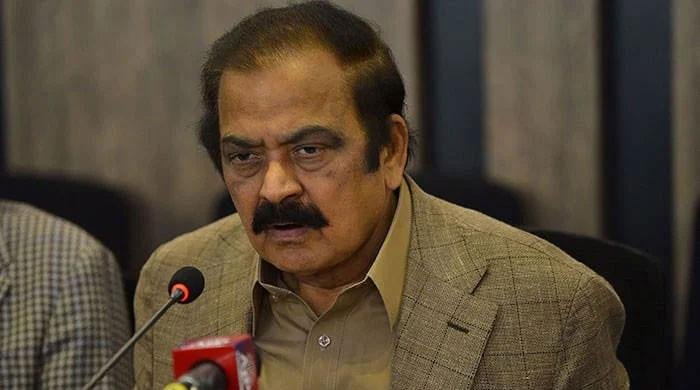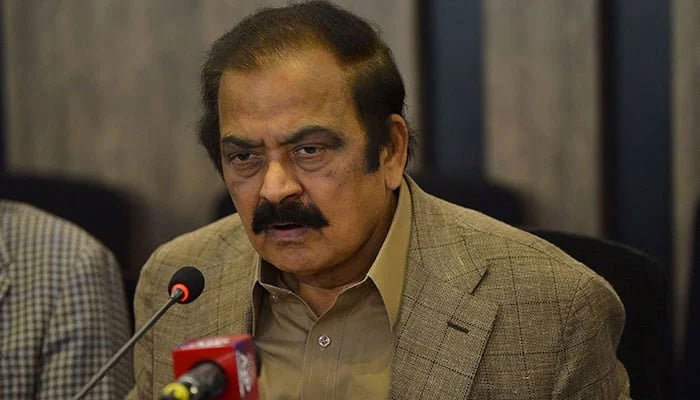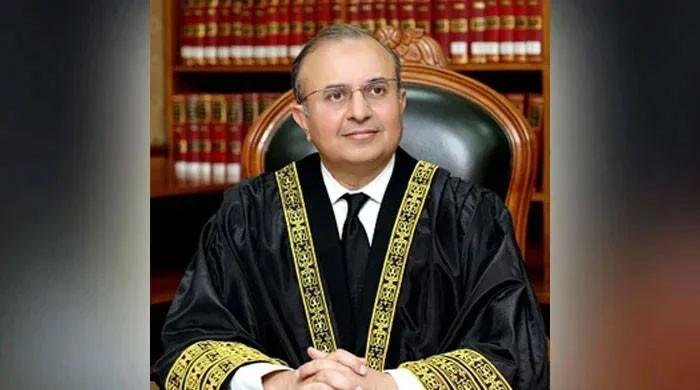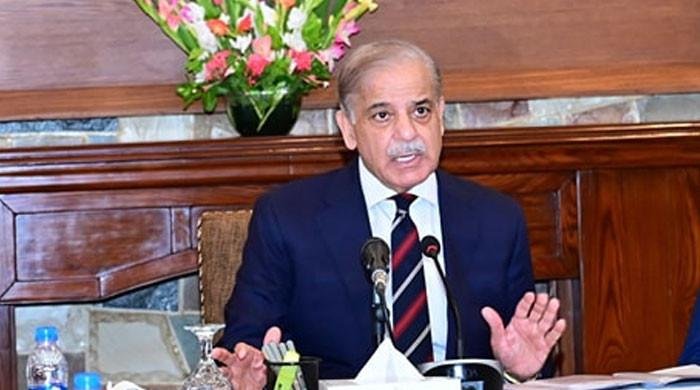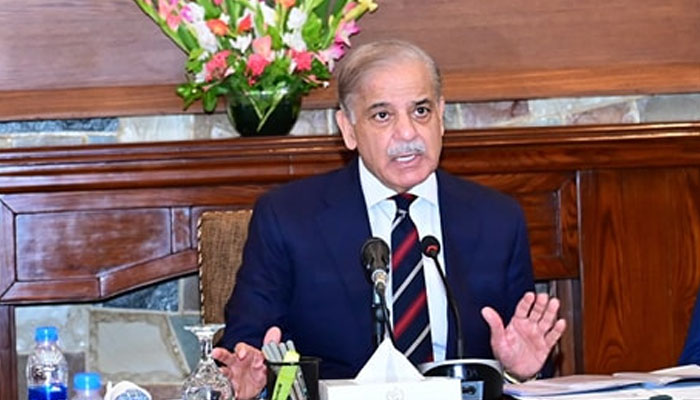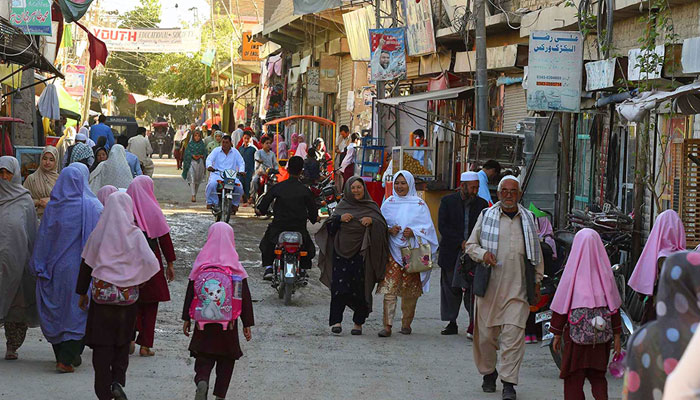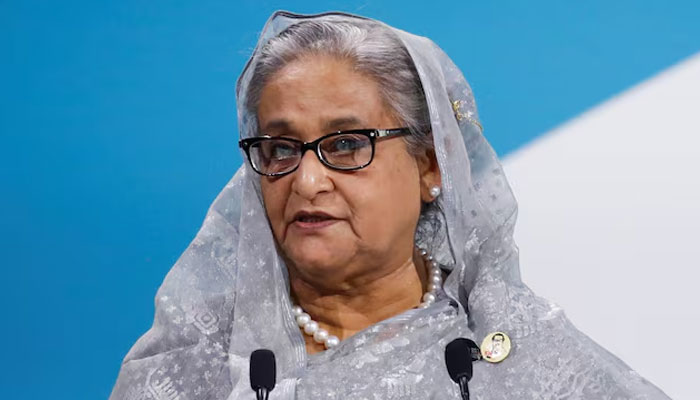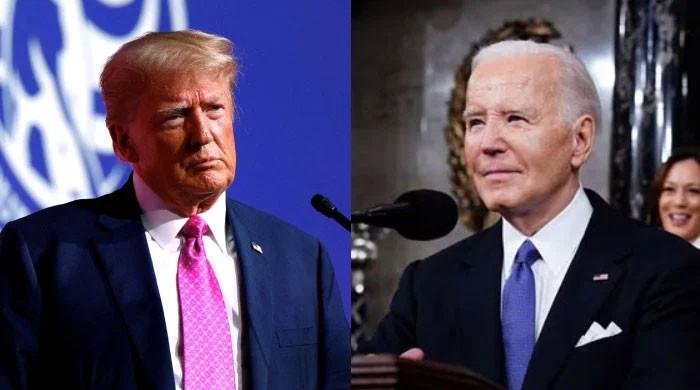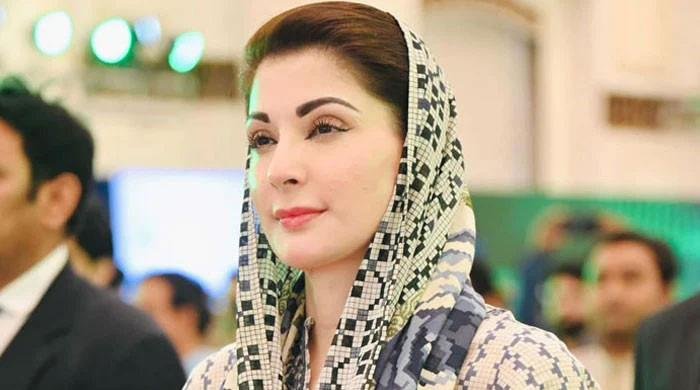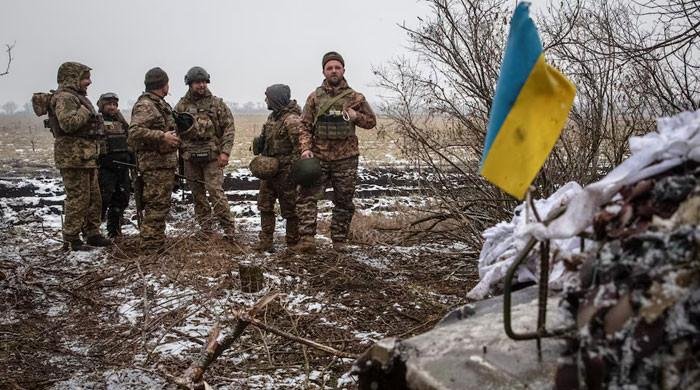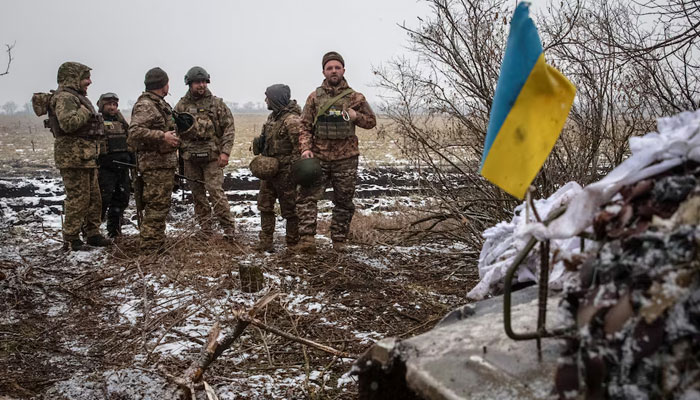ISLAMABAD:
Prime Minister Shehbaz Sharif affirmed the government’s commitment to creating a supportive environment for the youth and providing them with ample opportunities. In his message on International Youth Day, observed on August 12, he emphasised the importance of recognising the potential of young people and raising awareness about their critical role in shaping the future.
He highlighted the significance of this year’s theme, “From Clicks to Progress: Youth Digital Pathways for Sustainable Development,” noting that it underscores the vital role of youth at the intersection of technology and opportunity. This convergence, he said, empowers young people to transform their aspirations into reality, leading to a sustainable and equitable future.
Sharif pointed out that over 60% of Pakistan’s population is under the age of 30, making the country a youthful nation increasingly connected to the global digital landscape. He emphasised that by leveraging technology for education, entrepreneurship, and social activism, young people can become catalysts for positive change in their communities.
The Prime Minister also referenced the Youth Loan and Agricultural Scheme introduced in 2013, which has yielded significant results. He reported that approximately 186 billion rupees have been disbursed to over 280,000 young entrepreneurs, creating numerous job opportunities across the country. He noted that the Youth Business Loan Scheme was restructured to include Agricultural Loans, with microfinance institutions engaged to provide interest-free loans.
Looking forward, Sharif announced plans to expand this initiative by allocating an additional Rs100 billion during the 2024-25 financial year, aiming to empower around 300,000 young entrepreneurs nationwide.
He further explained that the government’s comprehensive Youth Programme adopts a holistic approach, equipping young individuals with essential skills through a Skill Development Programme, providing advanced technology through the Youth Laptop Scheme, and offering financial support via Youth Loan Schemes. This integrated support system is designed to ensure that youth have the necessary resources to succeed and prosper.
Sharif concluded by stating that today’s youth are the leaders of tomorrow and are pivotal in shaping a brighter future for Pakistan. He emphasised that empowering youth through meaningful opportunities will not only foster individual growth but also contribute to the country’s broader social and economic development.

